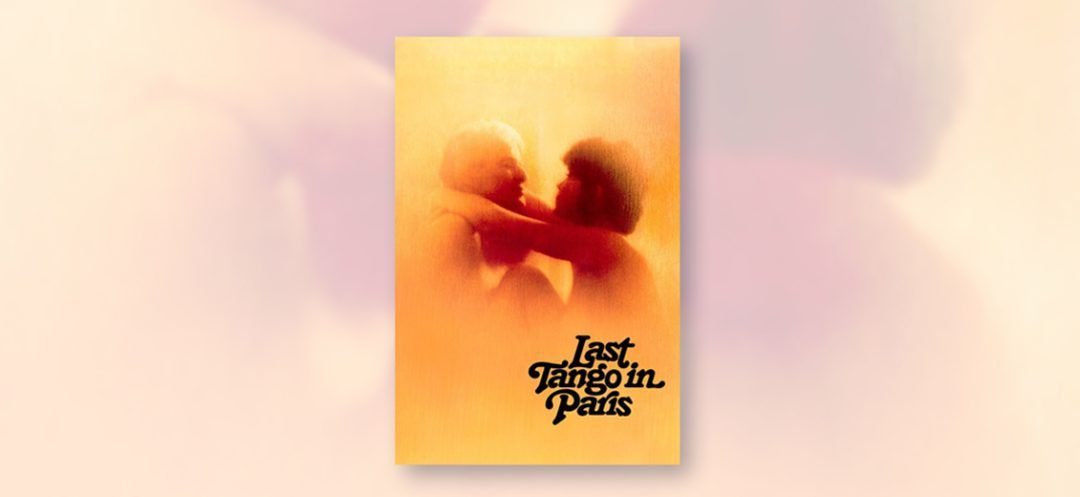
Listen to the article
[audio mp3="https://thisisbeirut.com.lb/wp-content/uploads/2024/05/The-film-Maria-presented-at-Cannes-revisits-the-traumatic-filming-of-Last-Tango-in-Paris-in.mp3"][/audio]
The film Maria, presented at Cannes, revisits the traumatic filming of Last Tango in Paris in 1972. Director Jessica Palud shows how the infamous rape scene broke actress Maria Schneider, who was already denouncing abuse at the time.
The 77th edition of the Cannes Film Festival left a mark with the screening of Maria, a poignant film by director Jessica Palud. This feature revisits the controversial filming of Last Tango in Paris (1972) and highlights the ordeal experienced by actress Maria Schneider, who was only 19 years old at the time. Long before the emergence of the #MeToo movement, Schneider was already denouncing the abuse suffered by actresses in the film industry.
Last Tango in Paris, directed by Bernardo Bertolucci, tells the torrid passion between Paul, an American widower played by Marlon Brando, and Jeanne, a young Parisian played by Maria Schneider. The film is best known for a non-consensual sodomy scene where Brando uses a stick of butter as a lubricant. This shocking sequence, which was not in the original script, was improvised by Brando and Bertolucci without Schneider’s prior consent.
The actress often spoke of this traumatic experience as a double violation, both by her on-screen partner and by the director. The tears seen in the film were real, expressing Schneider’s rage and humiliation. This episode deeply marked her, leading to periods of depression, addiction and even a suicide attempt.
The scene sparked widespread outrage when, in 2016, Bertolucci’s comments resurfaced. The director admitted that he wanted to capture a genuine reaction from Schneider by keeping her in the dark about the use of butter. Actress Jessica Chastain condemned this sequence as a planned rape, reflecting the opinion of many film professionals.
With Maria, Jessica Palud aimed to revisit this dark period with a modern perspective. She emphasizes that Schneider’s words in the 1970s resonate strangely with current concerns about consent and the treatment of actresses. In studying the original script of Last Tango, Palud found that the infamous scene was not written, making the live annotations during filming even more chilling.
Palud’s film also highlights the lack of reaction from the crew at the time, behavior that would be unacceptable today. The director insists on the importance of complicity and respect in artistic creation, stressing that filmmakers can achieve authentic performances without betraying their actors.
Maria Schneider, who passed away in 2011, often lamented the lack of significant roles for women in a male-dominated industry. She regretted constantly being offered stereotypical roles of madwomen, lesbians or murderers, and hoped to work with actors her age.
Maria offers a necessary reevaluation of the filming of Last Tango in Paris, highlighting the abuse endured by Maria Schneider and emphasizing the importance of consent and respect in the film industry. This film is a poignant tribute to an actress broken by a system that, at the time, paid little heed to women’s voices.
Jessica Palud’s feature reminds us that Maria Schneider’s words, spoken over 50 years ago, find particular resonance today. They testify to the need to protect actors, especially the youngest and most vulnerable, and to ensure that their consent is always respected on film sets.
By presenting Maria at the Cannes Film Festival, Jessica Palud helps to evolve mentalities in the world of cinema. Her film is a call to no longer tolerate the abuses and toxic behaviors that have been overlooked for too long. It invites the building of a more ethical industry, where talent and creativity can flourish in a healthy and respectful environment.
Maria Schneider’s story is that of an actress broken by a system that used and discarded her without care. Maria does her justice by finally giving her a voice and making her testimony resonate with particular poignancy in 2024. This necessary film is another step towards a fairer and more humane film industry.
With AFP
[audio mp3="https://thisisbeirut.com.lb/wp-content/uploads/2024/05/The-film-Maria-presented-at-Cannes-revisits-the-traumatic-filming-of-Last-Tango-in-Paris-in.mp3"][/audio]
The film Maria, presented at Cannes, revisits the traumatic filming of Last Tango in Paris in 1972. Director Jessica Palud shows how the infamous rape scene broke actress Maria Schneider, who was already denouncing abuse at the time.
The 77th edition of the Cannes Film Festival left a mark with the screening of Maria, a poignant film by director Jessica Palud. This feature revisits the controversial filming of Last Tango in Paris (1972) and highlights the ordeal experienced by actress Maria Schneider, who was only 19 years old at the time. Long before the emergence of the #MeToo movement, Schneider was already denouncing the abuse suffered by actresses in the film industry.
Last Tango in Paris, directed by Bernardo Bertolucci, tells the torrid passion between Paul, an American widower played by Marlon Brando, and Jeanne, a young Parisian played by Maria Schneider. The film is best known for a non-consensual sodomy scene where Brando uses a stick of butter as a lubricant. This shocking sequence, which was not in the original script, was improvised by Brando and Bertolucci without Schneider’s prior consent.
The actress often spoke of this traumatic experience as a double violation, both by her on-screen partner and by the director. The tears seen in the film were real, expressing Schneider’s rage and humiliation. This episode deeply marked her, leading to periods of depression, addiction and even a suicide attempt.
The scene sparked widespread outrage when, in 2016, Bertolucci’s comments resurfaced. The director admitted that he wanted to capture a genuine reaction from Schneider by keeping her in the dark about the use of butter. Actress Jessica Chastain condemned this sequence as a planned rape, reflecting the opinion of many film professionals.
With Maria, Jessica Palud aimed to revisit this dark period with a modern perspective. She emphasizes that Schneider’s words in the 1970s resonate strangely with current concerns about consent and the treatment of actresses. In studying the original script of Last Tango, Palud found that the infamous scene was not written, making the live annotations during filming even more chilling.
Palud’s film also highlights the lack of reaction from the crew at the time, behavior that would be unacceptable today. The director insists on the importance of complicity and respect in artistic creation, stressing that filmmakers can achieve authentic performances without betraying their actors.
Maria Schneider, who passed away in 2011, often lamented the lack of significant roles for women in a male-dominated industry. She regretted constantly being offered stereotypical roles of madwomen, lesbians or murderers, and hoped to work with actors her age.
Maria offers a necessary reevaluation of the filming of Last Tango in Paris, highlighting the abuse endured by Maria Schneider and emphasizing the importance of consent and respect in the film industry. This film is a poignant tribute to an actress broken by a system that, at the time, paid little heed to women’s voices.
Jessica Palud’s feature reminds us that Maria Schneider’s words, spoken over 50 years ago, find particular resonance today. They testify to the need to protect actors, especially the youngest and most vulnerable, and to ensure that their consent is always respected on film sets.
By presenting Maria at the Cannes Film Festival, Jessica Palud helps to evolve mentalities in the world of cinema. Her film is a call to no longer tolerate the abuses and toxic behaviors that have been overlooked for too long. It invites the building of a more ethical industry, where talent and creativity can flourish in a healthy and respectful environment.
Maria Schneider’s story is that of an actress broken by a system that used and discarded her without care. Maria does her justice by finally giving her a voice and making her testimony resonate with particular poignancy in 2024. This necessary film is another step towards a fairer and more humane film industry.
With AFP
Read more



Comments